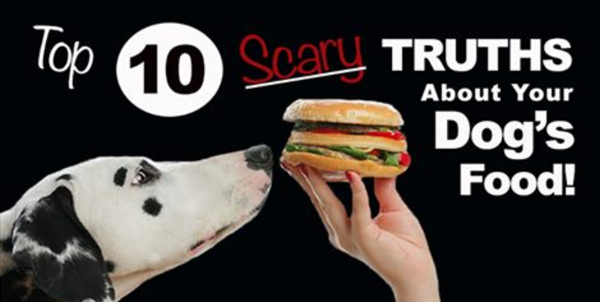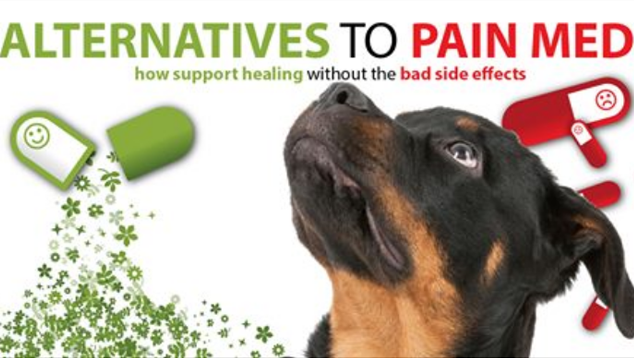Sometimes dog owners find themselves in a situation when their puppy gets scared of something at home or outside.
⠀
❓So what should you do to not make things worse?
⠀
All puppies go through a “fear phase”.
⠀
During this time, it’s important to be very careful to not provoke fear of certain objects in a puppy.
⠀
What to do if your puppy got spooked?
⠀
Some owners think that fighting fire with fire is the best option, so they decide to introduce the puppy to the scary object in immediate proximity.
⠀
❌Don’t do this!
⠀
Sure, you need to give your puppy an opportunity to see the scary object, but you also have to give him a bit of time to recover from being scared. This will help avoid an effect of layering which might lead to mental trauma.
⠀
Let your puppy observe scary objects, but only at a distance at which he/she stays calm and relaxed.
⠀
This is the state in which a dog is capable of learning something.
If the puppy is scared or overly excited, he/she won’t learn anything good.
⠀
❌Don’t pull your puppy towards scary objects and don’t try to attract him/her to it with a treat.
⠀
Let your puppy make an independent choice and decision to come closer to the object.
⠀
Monitor your pet’s body language: if you notice stress signals, you might have come too close or made the object appear even scarier.
⠀
If you make your puppy come too close to the object or he/she has to spend too much time next to it, it may result in even more intense fear.
⠀
Use counter-conditioning in order to form positive associations with the scary object.
However, it’s crucial to use this method correctly, in order to avoid deepening your pet’s fear. For this you might need to see a professional.
⠀
If your puppy’s behavior changed very rapidly, it may make sense to see a vet.
Sometimes fear is a response to pain.
⠀
Remember that many behavioral problems are easier to correct at the very beginning, instead of waiting for them to develop into a bigger problem.
⠀
If you have doubts whether you can deal with the situation properly on your own, you might want to get some help from a professional cynologist that works using positive reinforcement methods.

